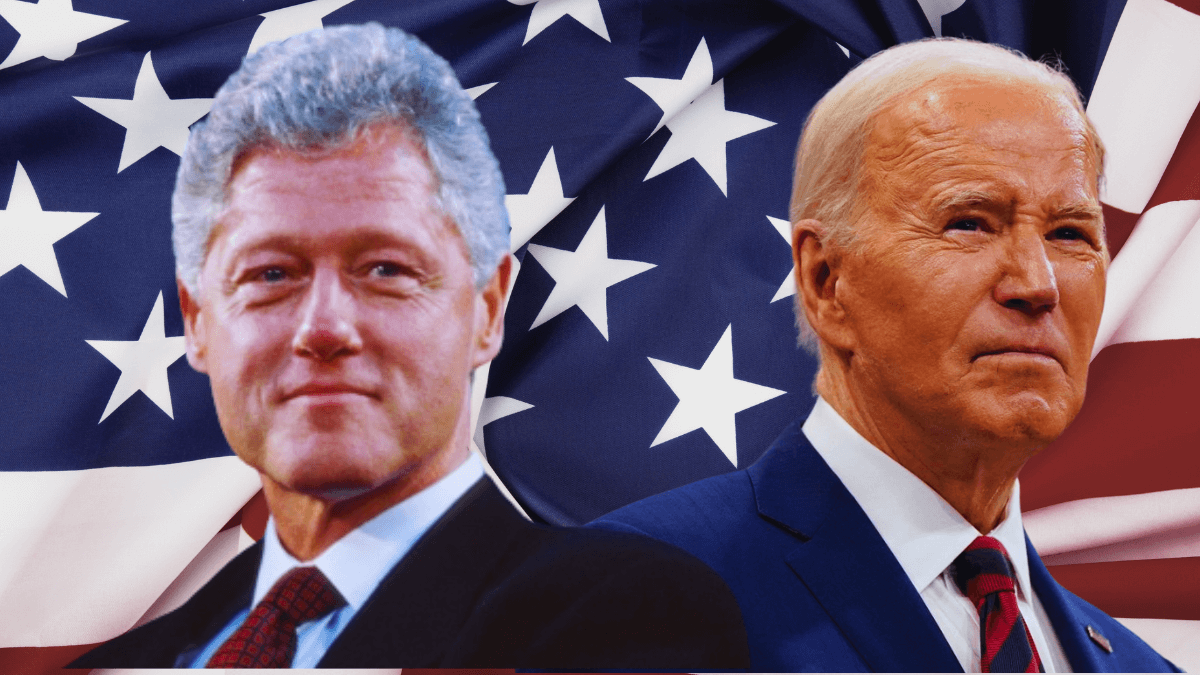Even When It Seems Hopeless, We Must Never Quit

Two seemingly unrelated recent events have caused me to reflect on the long journey to Arab American empowerment: the death of former Senator Joseph Lieberman on March 27th and the 28th anniversary of former Secretary of Commerce Ronald Brown’s tragic death on April 3rd.
When Arab Americans were provided their first opportunity to enter US politics as an organized community in Jesse Jackson’s 1984 and 1988 presidential campaigns, the community enthusiastically responded. We registered new voters, organized to elect a record number of delegates to the national convention (80+ up from just a handful), and hundreds participating in state party conventions and passing Palestinian statehood resolutions in 10 states.
Despite our successes, or more likely due to them, the resistance by pro-Israel groups to our involvement increased dramatically. They smeared us and pressured candidates and elected officials to reject our support. In 1984, Walter Mondale’s presidential campaign returned Arab American contributions, and in 1998, the Michael Dukakis campaign rejected an endorsement from Arab American Democrats.
After the 1988 campaign, when Ron Brown became chair of the Democratic Party, he pledged to end this exclusion. To send the message that Arab Americans had a home in the Democratic Party, his first meeting as chair was with me. He introduced me to key staff, announcing it was a new day for Arab Americans in the party. And it was.
A few months later he became the first party chair to address an Arab American convention. Before the meeting he had an “emergency coffee” with a major pro-Israel donor who threatened to withhold his donation and get others to join him for “even walking into the room.” But Brown didn’t back down; he addressed Arab Americans.
The problems we faced didn’t end. Pressure was placed on other candidates and elected officials on the local levels to exclude Arab Americans—and many did. When the 1992 Democratic convention rolled around, we were frustrated by the block we encountered in trying to work with the Clinton campaign.
At the convention, David Ifshin, legal counsel to AIPAC and a Clinton campaign official, approached me and said “I understand Arab Americans are trying to get into the campaign.” He then used an obscene expletive saying there was no place for us. Angered, I relayed this to Ron Brown. He’d been having the same difficulty breaking through as other officials were committed to blocking our entry. He suggested I try other routes.
With an upcoming meeting scheduled with Senator Lieberman, I thought I’d tell him about my encounter with Ifshin. While the Senator and I didn’t agree on much, I’d found him to be thoughtful and open to dialogue. I was right. He was outraged and promptly called the Clinton campaign headquarters, demanding they meet with Arab Americans. The next day we were invited to find our place in the campaign. Demonstrating our capacity over the next few months, we were never again excluded from any Democratic presidential campaign.
When Bill Clinton entered the White House, he welcomed us in and gave us a seat at the table, providing Arab Americans with unprecedented access and opportunities to engage in policy discussions on foreign and domestic policy concerns.
At times I’d despaired of ever seeing Arab Americans overcome the objections of those who would exclude us from the political mainstream. Once I told Jesse Jackson that I was ready to quit. He responded sternly, “Never do that. It’s exactly what your enemies want. What they’re most afraid of is that you’ll stick around and fight.” That’s exactly what we’ve done, and today, faced with the horrors of genocide in Gaza, we mustn’t forget our capacity to make change.
Look at the evidence: diverse mass mobilizations calling for a ceasefire and questioning US arms for Israel; over 150 cities calling for an end to the Israeli war; a national movement demonstrating to President Biden his policies’ electoral consequences; and a growing drift of public opinion in anti-Israel, pro-Palestinian direction.
Change isn’t easy; it requires hard work and allies. That’s what it took to get to where we are today. And that’s how today’s Arab American activists are challenging the US’ failed policies toward the Palestinian people.
Topics: Arab Americans, Bill Clinton, Joe Biden
Related Suggestions

















